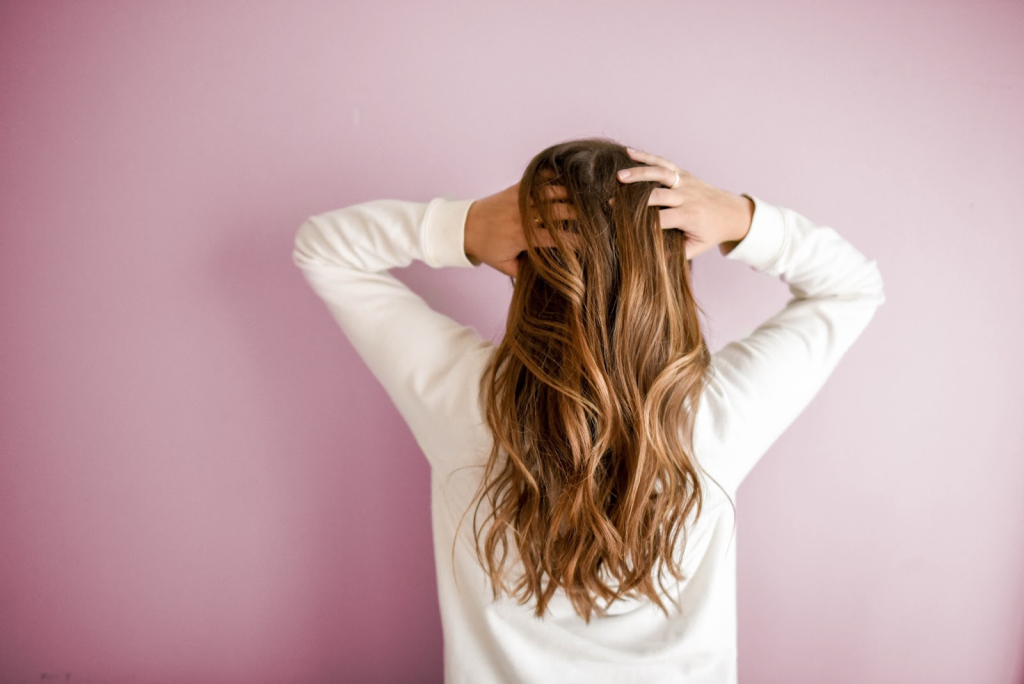It is not uncommon for people to focus solely on their locks’ health and appearance. However, it is essential not to overlook the foundation upon which your hair grows – the scalp. A healthy scalp plays a vital role in maintaining strong, beautiful hair. According to research, approximately 50% of adults experience dandruff at some point, with other scalp conditions like scabs and sores also rife. Therefore, knowing how to take good care of your scalp is important. Below are three tips to help you do so:
- Nourish your scalp with proper nutrition
Food is everything to your body, and that includes the scalp. It explains why some nutrient deficiencies can affect how your hair and scalp look. Fortunately, you can enhance your scalp’s appearance by consuming a balanced diet rich in vitamins and minerals. Vitamins E & D, biotin, and omega-3 fatty acids can be found in leafy greens, nuts, fatty fish, eggs, and avocados. These foods contain the essential elements your scalp needs to grow. The list of foods does not end with the above alone because various fruits and vegetables benefit your scalp. For example, Vitamin C, commonly found in citrus fruits and berries, helps in collagen production. That is crucial for maintaining the strength and elasticity of the scalp. Meanwhile, iron from sources like spinach, lentils, and red meat supports oxygen delivery to the hair follicles, promoting healthy hair growth.
- Keep your scalp clean and be mindful of harsh products
Assessing how often you wash your hair and concentrate on rubbing your scalp to get rid of product buildup will help you be more mindful of how you clean your scalp. This area can gather excess oil and dirt that clog your hair follicles, making it essential to clean it regularly. While doing this, it is equally crucial to rinse thoroughly to avoid scalp irritation. Remember not to overwash your hair because excessive shampooing can strip away natural oils from the scalp, leading to dryness and other scalp issues. It is important to be mindful of harsh hair products and styling techniques that can harm your scalp. Some people use these products to stimulate hair growth, while others rely on them to hide bald patches. If that is your peculiar case, you can consider hair transplantation, which involves removing hair follicles from one part of the body (usually the back of the scalp) and transplanting them to the bald or thinning areas. You will still be required to keep a clean scalp before and after the procedure.
- Practice stress management
Stress can significantly impact your scalp health due to excess cortisol production. This stress hormone can disrupt the natural balance of your scalp and cause inflammation and increased oil production. While stress is unavoidable, you can rely on healthy coping mechanisms to handle it better. That includes regular exercise, meditation, deep breathing exercises, or engaging in hobbies you enjoy. Taking time for yourself and prioritizing self-care can also benefit your mental well-being and promote healthy scalp and hair growth.








